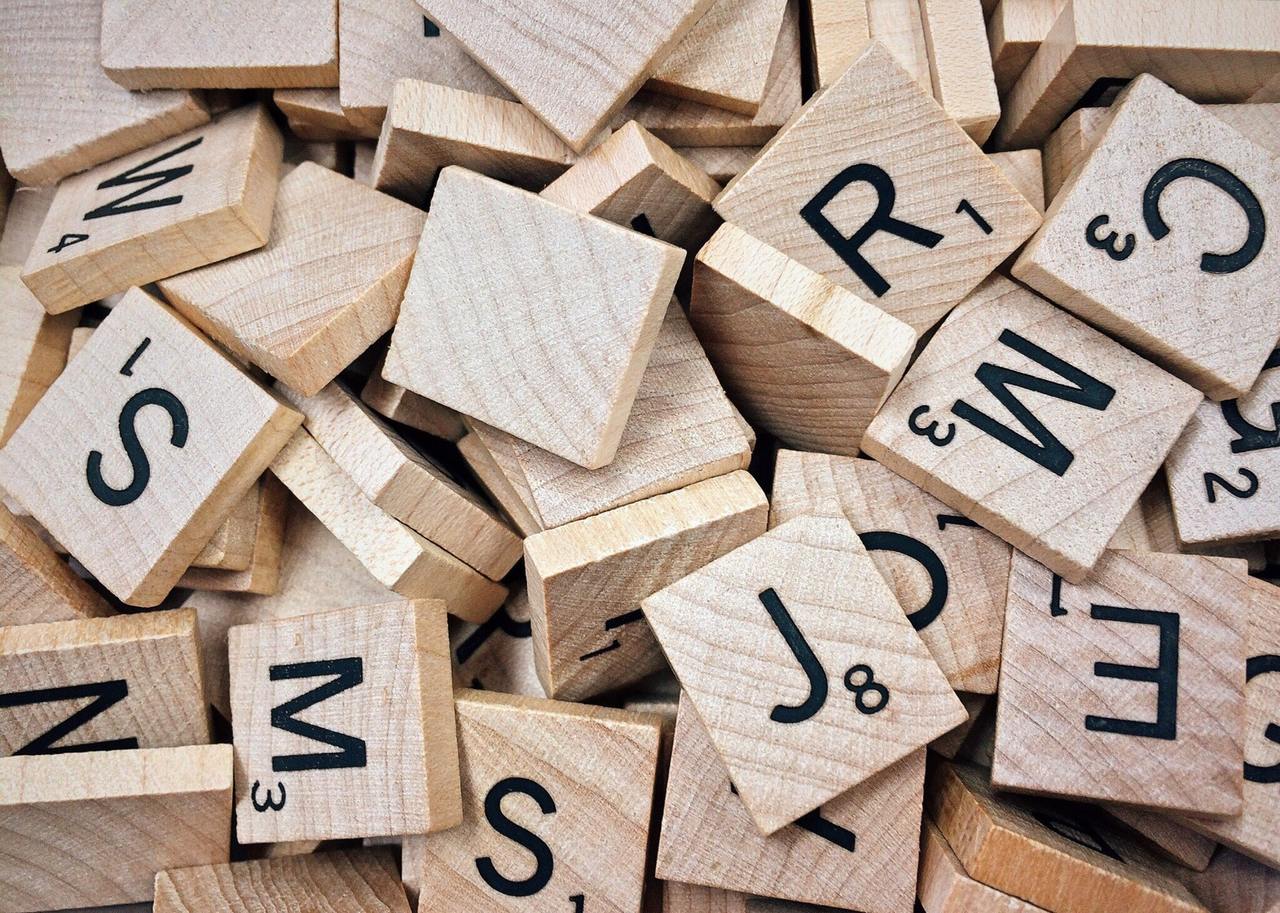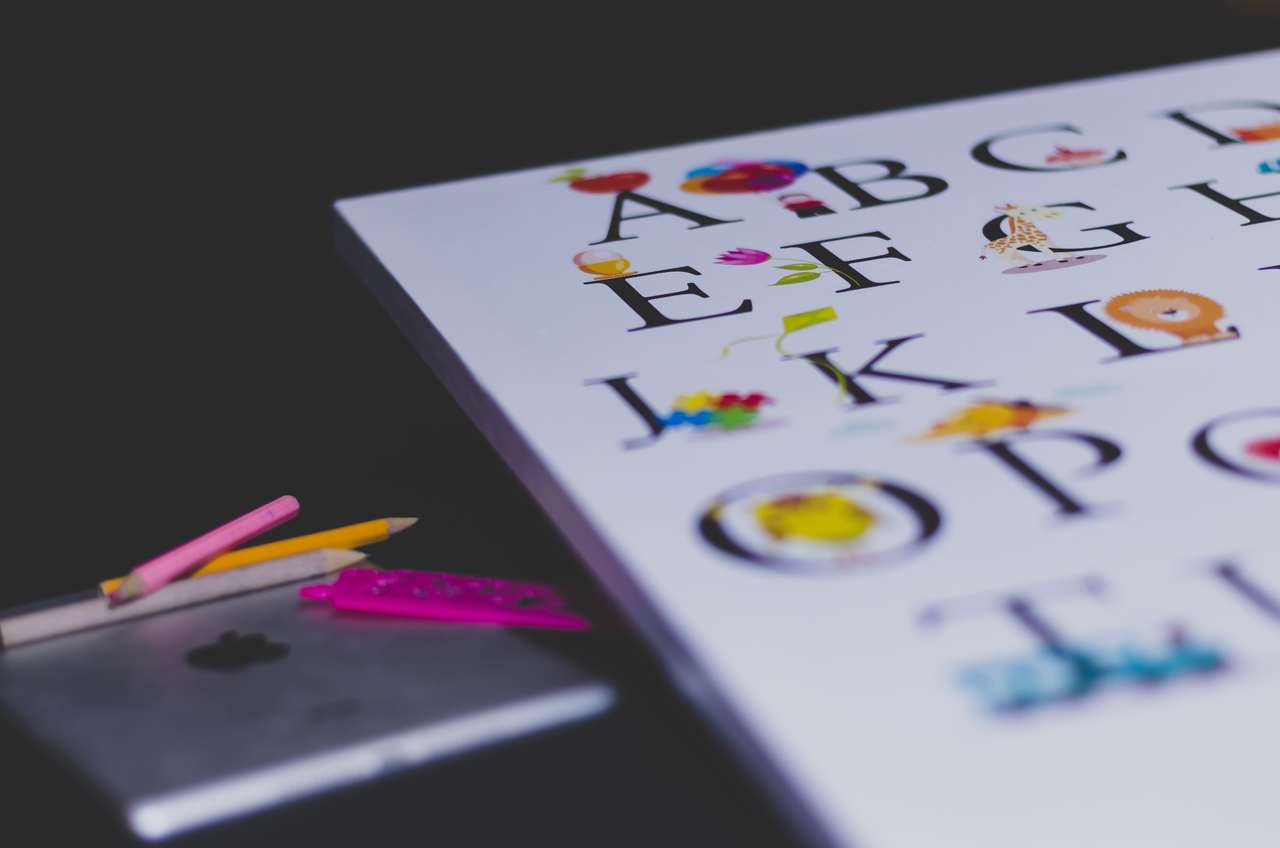Best English Words to Practice as a Beginner: The Definitive List

This is a topic that I discuss with my students all the time. When deciding to learn a new language, it is important to know where to start. More than likely, you will start asking a bunch of questions.
What words are the most useful to know in the very beginning? What expressions are a must? Am I going to be able to pronounce all the different sounds correctly?
That being said, here is my definitive list of the best English words to practice as a beginner, along with their corresponding sounds, as mentioned in one of my previous articles, How to Speak English - The Ultimate Guide to English Pronunciation.
If you are unsure how to pronounce a specific word, just click on it to listen to its pronunciation.

Words with Vowels
As always, we're going to start with vowels. What is worth noting again is that all English vowels have a long, short, schwa, and a diphthong version of their sounds.
However, to make matters easier for you, I will only focus on the long and short sound versions for each individual vowel and have the schwa and diphthong sounds as separate ones at the end of the vowel list. Also, the letter y can sound as both a vowel and a consonant, so expect to find it twice on the list.
Let's get into it!
The long "a" sound /ɑ:/
Example #1: car
Example #2: park
Example #3: father
Example #4: March
Example #5: large
Quick tip: Do not draw the "a" sound for too long, as you many end up saying something like "farther" (with the British English "r") instead of "father". It's the long "a" sound, not too long.
The short "a" sound /ʌ/
Example #1: cup
Example #2: lump
Example #3: bus
Example #4: bulb
Example #5: funny
Even though the vowel "u" is predominantly used here, its specificity lies in its tendency to sound like a very quick, short "a" vowel sound when it is found in one- or two-syllable words.
The long "e" sound /æ/
Example #1: and
Example #2: back
Example #3: black
Example #4: cat
Example #5: clap
Note: English does not necessarily have a long "e" sound, but more of a mix between "a" and "e". The phonetic symbol of this sound is /æ/. It may be very hard for some folks to pronounce correctly. However, practice makes perfect.
The short "e" sound /ɛ/
Example #1: hello
Example #2: pet
Example #3: chest
Example #4: mess
Example #5: yes
Note: Even though the pronunciation difference between a long and short "e" sound is just a few milliseconds, the difference in word meanings is much greater, e.g. "pat" vs. "pet" or "bat" vs. "bet".
The long "i" sound /i:/
Example #1: ski
Example #2: green
Example #3: mean
Example #4: clean
Example #5: clear
Note how the long "i" vowel sound rarely appears with the vowel "i".
The short "i" sound /ɪ/
Example #1: wish
Example #2: clip
Example #3: kitten
Example #4: skin
Example #5: milk
Note: Just like in the case of long and short "e" vowel sounds, the same goes for "i". The difference in word meanings could be huge, e.g. "re-peat" vs. "pit" or "meal" vs "mill".
The long "o" sound /ɔː/
Example #1: afford
Example #2: thought
Example #3: lawn
Example #4: naughty
Example #5: lord
Note: I've seen plenty of sources out there that label words such as "only" and "mode" as ones with the long "o" vowel sound. That isn't necessarily true because they don't contain just the "o" vowel sound but a diphthong with "o".
Anyway, we'll get into that in just a second. Sit tight.
The short "o" sound /ɒ/
Example #1: hot
Example #2: not
Example #3: sock
Example #4: rock
Example #5: top
Note: Short words with a quick pronunciation - it's as simple as that.
The long "u" sound /uː/
Example #1: who
Example #2: too
Example #3: cool
Example #4: school
Example #5: move
If you want to be cool, you have to know how to pronounce the word "cool". Hint: it's with a long "u" vowel sound.
The short "u" sound /ʊ/
Example #1: June
Example #2: push
Example #3: pull
Example #4: sugar
Example #5: book
Note: Being that most short words with the vowel "u" are not pronounced with the "u" vowel sound, be careful not to confuse words such as "cup", "bus", "funny", etc. with the ones above, as they are quite similar on paper but totally different in pronunciation and meaning.
The "y" vowel sound
Example #1: funny
female voice
male voiceords)
Example #2: sunny
Example #3: rainy
Example #4: fly
Example #5: sky
Note: When it is found at the end of a word, particularly all adverbs ending with "-ly", "y" is usually pronounced as the vowel sound /i/ or as a diphthong.
As promised, I've saved the best for last. Now, let us cover the basic words with the schwa sound and a diphthong real quick.
The "schwa" sound /ə/
Example #1: the "a" in "about"
Example #2: the "e" in "water"
Example #3: the "i" in "pencil"
Example #4: the "o" in "lemon"
Example #5: the "u" in "nature"
Despite being the only English sound that exerts zero energy to pronounce, the schwa /ə/ can be quite confusing at times, as it can act as any other vowel sound. Nonetheless, you'll get the hang of it through proper practice.
The Diphthong
A diphthong, by definition, is a combination of two vowels. Essentially, it is one vowel letter pronounced as two vowel sounds. The list of examples here can go on for days, but I'll keep it sweet and short for you, just like with any other sound here today.
Example #1: "light" with /aɪ/
Example #2: "sky" with /aɪ/
Example #3: "fake" with /eɪ/
Example #4: "no" with /əʊ/
Example #5: "town" with /aʊ/
Note: You don't necessarily notice diphthongs when pronouncing a word because it is something you automatically do, but it's definitely worth knowing that there is not just one vowel sound there, but two.
With that being said, let us now travel to the world of English consonant sounds and their corresponding words.

Words with Consonants
Unlike vowels, English consonants are much easier to get around. The following word list does not contain any huge variations, speficic cases, or exceptional rules. It's actually pretty straight-forward. Let's get into it.
The "b" as in "beach"
Example #1: book
Example #2: brick
Example #3: black
Example #4: beautiful
Example #5: back
The "c" as in "cook"
Example #1: cry
Example #2: come
Example #3: clean
Example #4: cookie
Example #5: cap
The "c" as in "civil"
Example #1: ceiling
Example #2: cement
Example #3: cedar
Example #4: cinnamon
Example #5: police
The "ch" as in "church"
Example #1: catch
Example #2: chair
Example #3: chase
Example #4: chapter
Example #5: champion
The "d" as in "daddy"
Example #1: Monday
Example #2: dear
Example #3: dance
Example #4: glad
Example #5: danger
The "f" as in "far"
Example #1: soft
Example #2: fly
Example #3: Friday
Example #4: find
Example #5: giraffe
The "g" as in "big"
Example #1: glory
Example #2: gate
Example #3: strong
Example #4: plague
Example #5: gig
The "g" as in "giant"
Example #1: gentle
Example #2: generation
Example #3: original
Example #4: Germany
Example #5: apology
The "h" as in "home"
Example #1: house
Example #2: behave
Example #3: hand
Example #4: his
Example #5: history
The "j" as in "joke"
Example #1: January
Example #2: just
Example #3: enjoy
Example #4: journey
Example #5: subject
The "k" as in "keep"
Example #1: book
Example #2: kiss
Example #3: market
Example #4: make
Example #5: kick
The "l" as in "land"
Example #1: clean
Example #2: low
Example #3: like
Example #4: fall
Example #5: salt
The "m" as in "mom"
Example #1: money
Example #2: information
Example #3: number
Example #4: woman
Example #5: family
The "n" as in "no"
Example #1: never
Example #2: man
Example #3: question
Example #4: new
Example #5: funny
The "kn" as in "know"
Example #1: know
Example #2: knife
Example #3: knee
Example #4: knight
Example #5: knit
The "p" as in "people"
Example #1: put
Example #2: problem
Example #3: place
Example #4: opinion
Example #5: help
The "q" as in "queen"
Example #1: quick
Example #2: consequence
Example #3: request
Example #4: quality
Example #5: question
The "r" as in "red"
Example #1: right
Example #2: rule
Example #3: car
Example #4: marry
Example #5: round
The "s" as in "send"
Example #1: past
Example #2: sit
Example #3: see
Example #4: pass
Example #5: post
The "sh" as in "crash"
Example #1: sheep
Example #2: shark
Example #3: sunshine
Example #4: posh
Example #5: wash
The "t" as in "take"
Example #1: top
Example #2: gate
Example #3: mountain
Example #4: tree
Example #5: hot
The "th" as in "think"
Example #1: thought
Example #2: Thursday
Example #3: everything
Example #4: three
Example #5: month
The "th" as in "this"
Example #1: there
Example #2: another
Example #3: together
Example #4: father
Example #5: mother
The "v" as in "vision"
Example #1: view
Example #2: love
Example #3: vehicle
Example #4: visit
Example #5: never
The "w" as in "wait"
Example #1: water
Example #2: swim
Example #3: win
Example #4: always
Example #5: wow
The "x" as in "tuxedo"
Example #1: box
Example #2: fox
Example #3: extra
Example #4: mix
Example #5: expect
The "y" as in "yellow"
Example #1: you
Example #2: year
Example #3: yes
Example #4: yesterday
Example #5: young
The "z" as in "zero"
Example #1: zebra
Example #2: size
Example #3: zone
Example #4: zoo
Example #5: crazy

Okay, that's been about it! I certainly hope that your first steps as an English learner are going to be that much more secure and easier to have with these hand-picked word choices.
Now, all you have to do is practice, practice, pratice... and memorize.
Once you do that, I suggest you check out The Ultimate Guide to English Pronunciation to really master all the tips and tricks for achieving native-like English pronunciation through proper tongue placement, lip movements, and all that. Hope it helps!
I will be patiently waiting for you at the next stage. Until then... happy learning!
